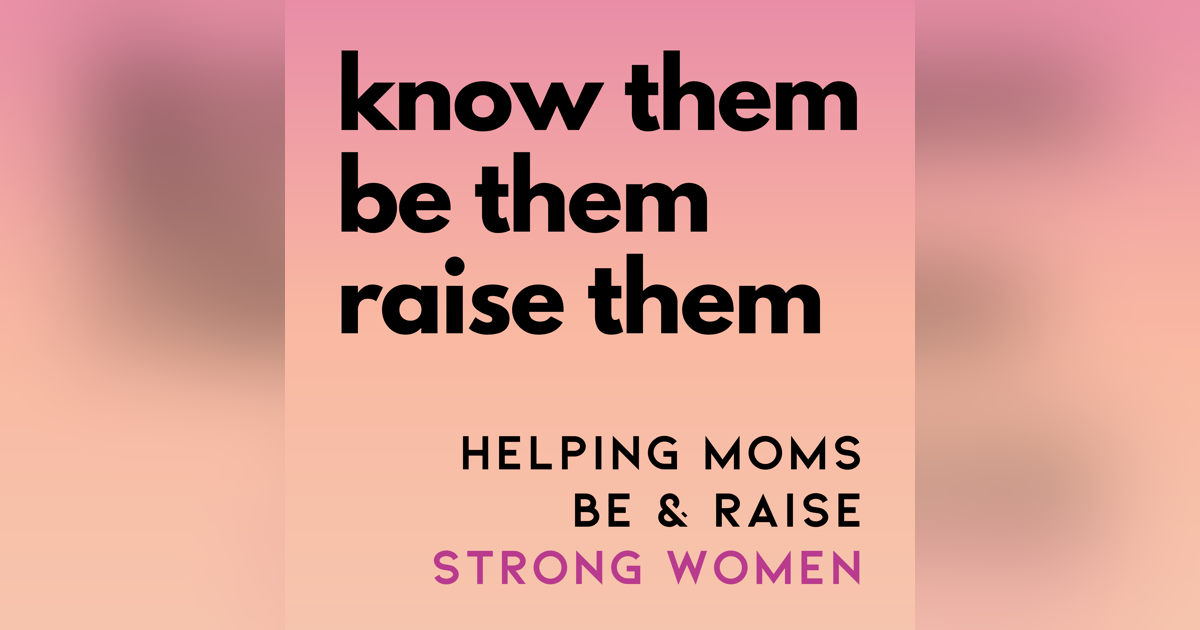
Sign up to get updates from us
By signing up, you agree to receive email from this podcast.

Contemporary art curator / Lecturer / Writer / Educator with a focus on feminism / African diaspora, social practice and art
Neysa Page-Lieberman is a contemporary art curator, lecturer, writer, and educator with a focus on feminism, African diaspora, social practice and public art. Based in Kansas City since 2020, she curates, produces, consults and lectures on public art, street art and monuments at the intersection of social justice. She is the Co-Founder and Co-Artistic Director of Monuments to Movements - In the House of Radical Feminist Practices. Before co-founding M2M, she was executive director of Exhibitions and Performance Spaces at Columbia College Chicago and director & chief curator of the Wabash Arts Corridor. a public art project in downtown Chicago. She has also designed and taught courses on curatorial theory and practice, and lectured at the Art Institute of Chicago offering public programs on the Museum’s collections.
Page-Lieberman has produced over 300 exhibitions and public art projects nationally and internationally, with recent highlights including: Inequality in Bronze: Monumental Plantation Legacies, a monument to a formerly enslaved woman named Dinah at the historic Stenton home in Philadelphia (2018 - current); a series of international mural exchanges with Sister Cities International, most recently in Casablanca, Morocco and Toronto, Canada (2017-2019); the 1000 Wall, street artist Claudia “MadC” Walde’s largest mural to date and one of the biggest in Chicago (2018): Street Level: Wabash Arts Corridor Public Arts Festival (2017); Revolution at Point Zero: Feminist Social Practice (2017); Vacancy: Urban Interruption and (Re)generation (2015), an affiliate exhibition of the inaugural Chicago Architecture Biennial; the nationally touring Not Ready to Make Nice: Guerrilla Girls in the Artworld and Beyond (2012-2019); and RISK: Empathy, Art and Social Practice (2014); and Vodou Riche: Contemporary Haitian Art (2008).